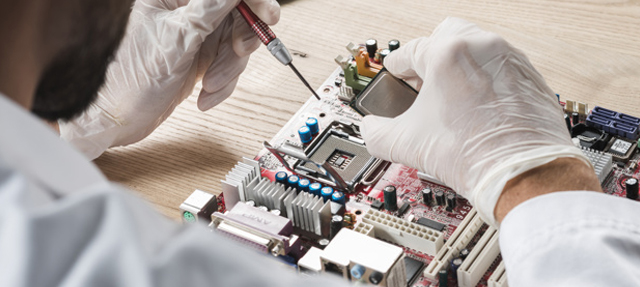
The Bachelor of Science in Electronics program is tailored to provide students with a comprehensive understanding of electronic systems and devices. The curriculum begins with foundational courses in mathematics and physics, establishing a solid theoretical background. Core courses in electronics cover topics such as circuit analysis, digital electronics, analog systems, and semiconductor devices, providing students with a strong foundation in the principles and applications of electronics. A significant aspect of the program is practical application, with hands-on laboratory work and projects playing a crucial role. Students gain proficiency in designing, constructing, and troubleshooting electronic circuits, enhancing their skills in experimentation and problem-solving. Specialized studies may include advanced topics such as communication systems, microelectronics, and embedded systems, allowing students to tailor their education to specific areas of interest within the field of electronics. The program also emphasizes the integration of emerging technologies, such as the Internet of Things (IoT) and smart systems, preparing students for the dynamic and evolving landscape of electronics. Ethical considerations, safety protocols, and environmental sustainability are integrated into the curriculum to ensure responsible practices in the design and implementation of electronic systems. Internship opportunities and industry collaborations provide students with practical exposure to real-world electronic engineering challenges, facilitating a smooth transition from academic learning to professional practice. Upon completion of the B.Sc. Electronics program, graduates are well-equipped for careers in electronics engineering, telecommunications, semiconductor manufacturing, and various technology-driven industries. The program not only imparts technical skills but also fosters critical thinking and innovation essential for contributing to advancements in electronic technology.